11 April 2023
The h-ALO Project is committed to developing sustainable technologies for next-generation optical sensor systems. As part of this commitment, we have been exploring innovative ways to reduce our environmental impact and improve efficiency, and one of the most exciting methods we have come across is aquaponics.
Aquaponics is a closed-loop system that combines aquaculture (raising fish) with hydroponics (growing plants in water without soil). The system is incredibly efficient and uses 90% less water than traditional farming methods. This is because the water in an aquaponic system is recycled and reused, rather than being lost through evaporation or run-off.
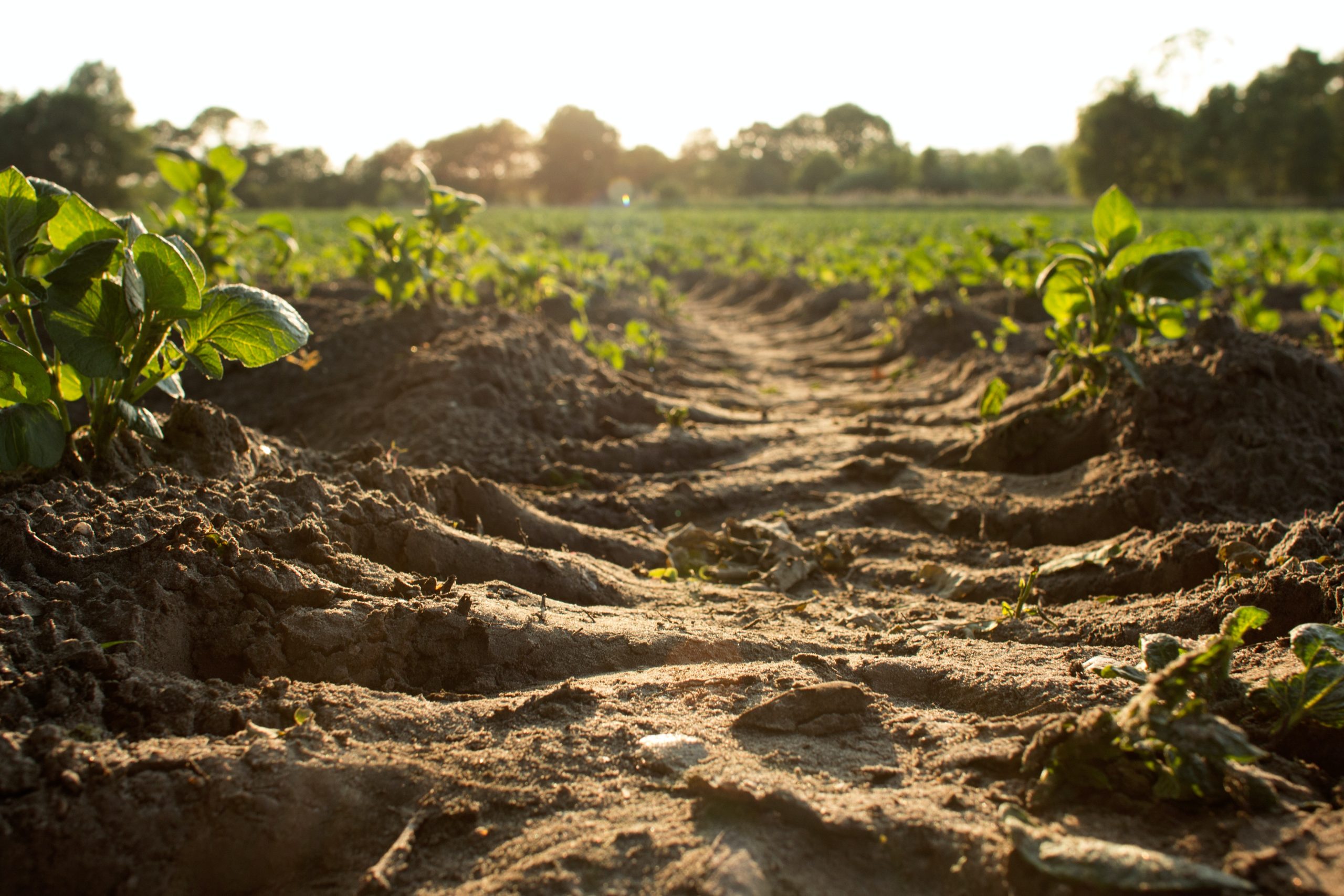
In a traditional farming system, water is typically applied to crops through irrigation. This can result in significant water loss due to evaporation, infiltration, and runoff. In contrast, an aquaponic system recirculates the water through the fish tank and the plant beds, with the plants acting as natural filters to remove waste products from the water. This means that water is used much more efficiently, with only a small amount lost due to evaporation.
In addition to reducing water usage, aquaponics also has other environmental benefits. Because the plants are grown without soil, there is no need for herbicides or pesticides. This means that aquaponic systems are free from harmful chemicals that can damage soil and water quality. Furthermore, because the system is closed-loop, there is no need for chemical fertilizers, which can be harmful to aquatic life and contribute to water pollution.

Normal farming methods often rely on pesticides, herbicides, and fertilizers, which can be harmful to the environment and aquatic life. Aquaponic farming eliminates the need for chemical fertilizers, and the plants act as natural filters, reducing the need for pesticides and herbicides.
Soil health is another area where the two methods differ. Normal farming practices can degrade soil quality through erosion, nutrient depletion, and compaction. Aquaponic farming eliminates soil erosion and nutrient depletion, as it does not use soil for plant growth.
Overall, aquaponic farming is a more sustainable method of farming than traditional farming. It is a closed-loop system that is highly efficient in its use of resources, produces no harmful waste products, and eliminates the need for harmful chemicals.

The potential for aquaponics to revolutionize agriculture is enormous. It offers a sustainable and efficient way of producing food that can be scaled up or down depending on the needs of the community. In addition, aquaponics can be used in urban areas where traditional farming is not possible, making it an ideal solution for food deserts.
At the h-ALO Project, we are excited about the potential for aquaponics to help us reduce our environmental impact and contribute to a more sustainable future. We believe that our innovative technology will play an important role in developing sustainable food systems and reducing water usage in the years to come.


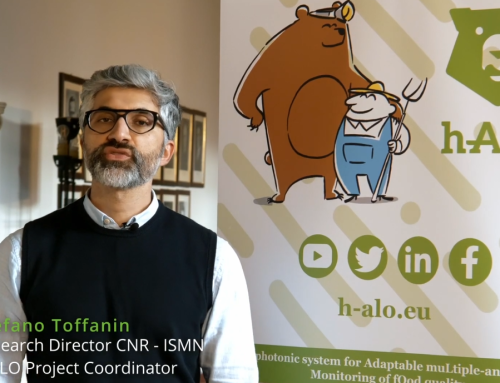
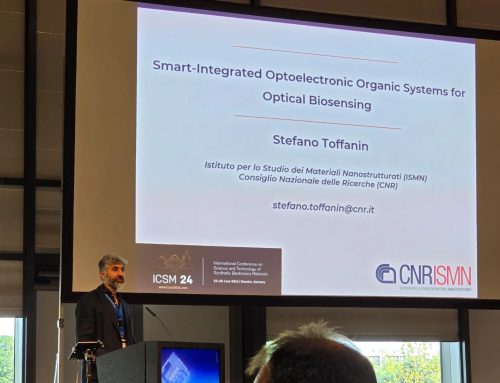
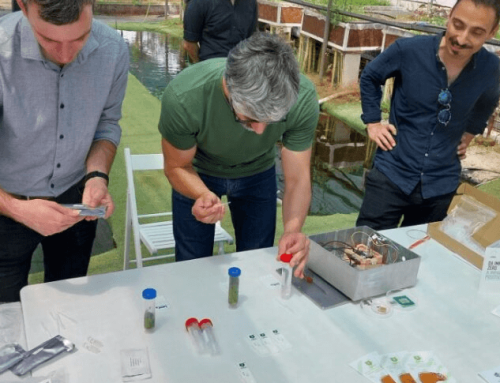
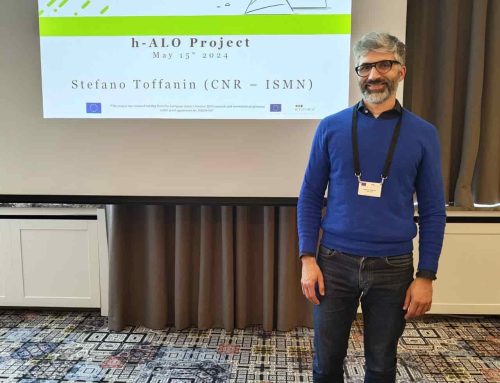
Indeed aquaponic is a sustainable and environmentally friendly system of farming.
It has numerous economic benefits when compared to conventional agriculture.
It offers a sustainable and efficient way of producing food that can be scaled up or down depending on the needs of the community. In addition, aquaponics can be used in urban areas where traditional farming is not possible, making it an ideal solution for food deserts.